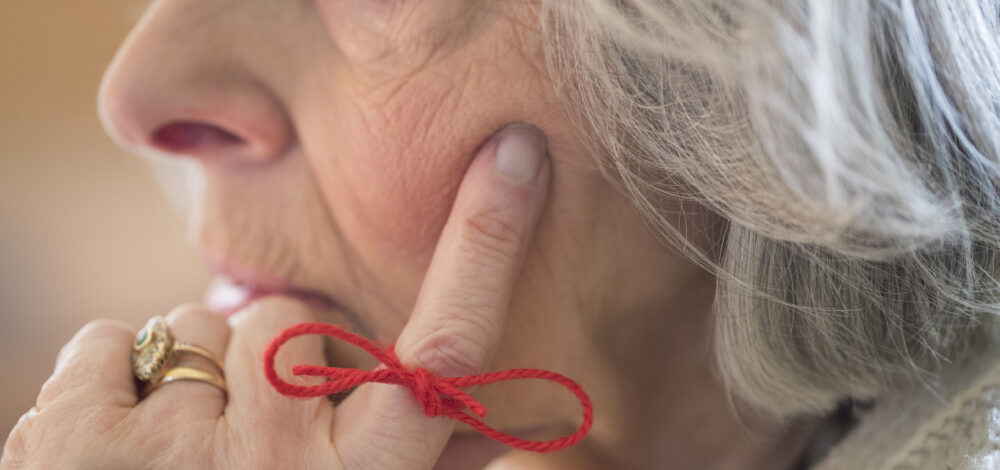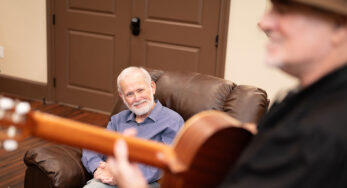Assisted Living, Skilled Nursing, or Memory Care? 5 Questions to Determine the Right Level of Care
Choosing the right level of care for a loved one can feel overwhelming. Assisted living, skilled nursing, and memory care are all designed to support seniors, but they cater to different needs. How do you know which care type is the best fit? Learn about the differences and key questions to better understand what your













